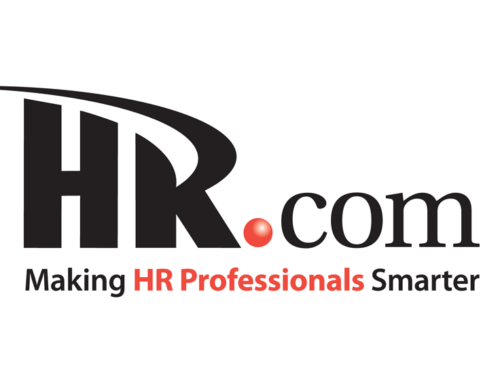Does the law require an employer to allow an employee to see or copy his file? What are the pros and cons of allowing it? What are the rules about sending information to lawyers?
The rules and legislations surrounding access to personnel files can vary greatly depending on the state. HR departments have a responsibility to familiarize themselves with their state regulations including developing their own policies regarding data management. Personnel files can contain a variety of employee information including contact information, contracts, references, details regarding employees’ attendance, wages, vacation, and other work related information. These files are also areas where HR departments can retain notes on performance reviews, manager’s notes, and other sensitive information. As a result, these files are considered to be confidential and companies must develop strong and clear data management policies surrounding the management and storage of personnel files. These files should only contain job related information and should only be accessible by designated staff. To maintain good practice, many HR departments remove employee identifiable information where possible, by maintaining separate files for areas such as family and medical leave, health insurance, and credit reports. Companies should also have clear guidelines surrounding the type of secure location that these files are to be maintained within, who has access to them, how employee confidentiality is maintained, and how the organization will manage security breaches.
In general, employees do have certain rights surrounding accessing their personal information, although the procedures and amount of access can vary by state. For example, some states stipulate that employees can only access all of their files in relation to lawsuits, although in many states submitting a written request is acceptable. The amount of information which employees can access will also vary by state and for the most part employees are not always entitled to see all areas of their file; meaning that HR departments have the freedom to remove certain pieces of information. Employees can request to see any additional paperwork relating to their performance reviews as part of formal grievance procedures or through filing a lawsuit. HR departments can also control the way in which personnel files are accessed including requiring that employees view their records on company property with managers or HR staff present and that copies are only made from within the office
When receiving a request from lawyers requesting access to personnel files and documents, HR departments are not legally mandated to provide these. However, HR departments must review and comply with their responsibilities under Labor Code provisions, as failure to respond to lawyer’s requests can result in penalties and misdemeanor convictions. In many cases, organizations will have developed a strategic approach to managing such requests including having demand letters reviewed by their legal department. This helps organizations to carefully evaluate the reason for the request, decide how to respond and this can greatly reduce litigation and other legal complications further down the line.
